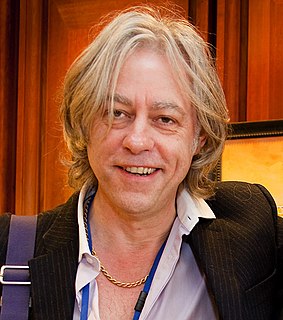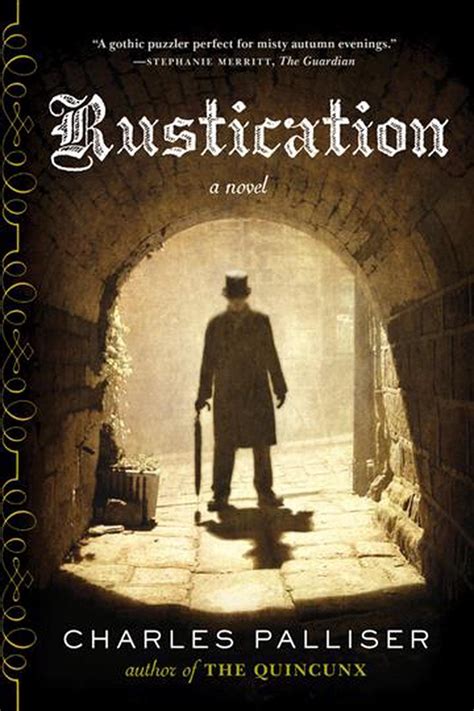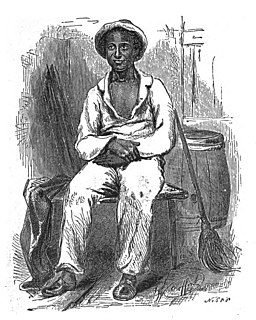A Quote by Maximilien Robespierre
Is it to be thought unreasonable that the people, in atonement for wrongs of a century, demand the vengeance of a single day?
Related Quotes
They are deceived who flatter themselves that the ignorant and debased slave has no conception of the magnitude of his wrongs. They are deceived who imagine that he arises from his knees with back lacerated and bleeding, cherishing only a spirit of meekness and forgiveness. A day may come - it will, if his prayer is heard. A terrible day of vengeance when the master in his turn will cry in vain for mercy.
It is often reported that the Five Points of Calvinism are the conceptual hard-core of Reformed thought. That is very misleading. The Five Points supposedly originate with the Synod of Dort in the early seventeenth century. Yet we find important Reformed leaders who were signatories to that documentation who don't think that limited atonement is the right way to think about the scope of Christ's saving work. How can this be? The answer that recent historical theology has thrown up is that the canons of the Synod don't require adherence to the doctrine of limited atonement.
A lot of the despair we feel watching the news every day flows from our sense of helplessness, and as a fiction writer you get to control things, if only on the page. You get to run the show. You can right wrongs, bring departed loved ones back to life, even take vengeance on God, if that's your thing.
Eugene Wigner wrote a famous essay on the unreasonable effectiveness of mathematics in natural sciences. He meant physics, of course. There is only one thing which is more unreasonable than the unreasonable effectiveness of mathematics in physics, and this is the unreasonable ineffectiveness of mathematics in biology.
Other centuries had their driving forces. What will ours have been when men look far back to it one day? Maybe it won't be the American Century, after all. Or the Russian Century or the Atomic Century. Wouldn't it be wonderful, Phil, if it turned out to be everybody's century, when people all over the world--free people--found a way to live together? I'd like to be around to see some of that, even the beginning.
D-Day represents the greatest achievement of the american people and system in the 20th century. It was the pivot point of the 20th century. It was the day on which the decision was made as to who was going to rule in this world in the second half of the 20th century. Is it going to be Nazism, is it going to be communism, or are the democracies going to prevail?
"You've experienced the way I can manipulate the emotions around myself, Bella, but I wonder if you realize how the feelings in a room affect me. I live every day in a climate of emotion. For the first century of my life, I lived in a world of bloodthirsty vengeance. Hate was my constant companion." - Jasper Hale









































